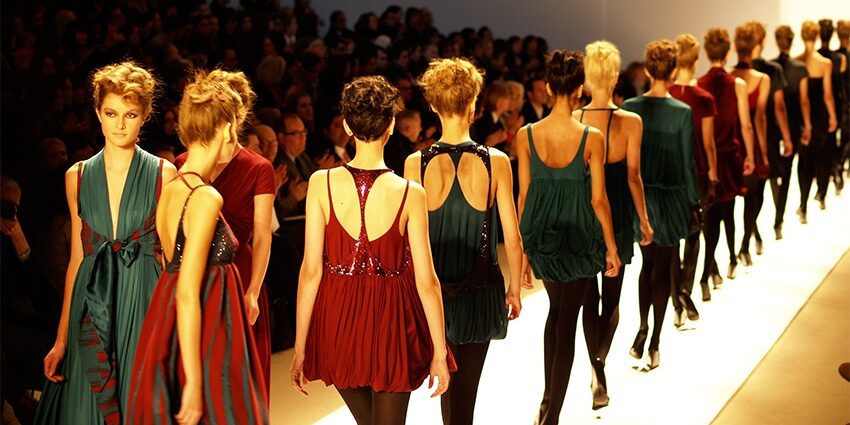
I tweeted for the #NoSizeFitsAll campaign as soon as I read about it.
Why do I think it’s important? I will be the first to confess I don’t know a lot about fashion and I am more of a jeans and t-shirt girl myself but maybe that’s because I have never really seen myself reflected in fashion.
I am sure other gender non-conforming LGBT women probably feel the same. There are amazingly cool androgynous and gender fluid models out there (Ruby Rose who created the Break Free video for example) but the problem is that they are all size ‘impossible’ to achieve for most women.
What effect does being constantly bombarded with unachievable ideals that foster negative body images have upon women (and men who are increasingly falling foul to the pressures of conforming to a certain body image)?
The Women’s Equality Party have some alarming statistics:
‘Eating disorders affect 1.6 million people in the UK, 89% of whom are female. 14-25 year olds are the demographic most affected by an eating disorder, with 5% of girls and women suffering from anorexia—the most deadly psychiatric disease (10-20% of cases are fatal).’
There is also a financial cost as a result of women having a negative body image:
‘Health care costs for eating disorders in England have been estimated as £80-100m with overall economic cost likely to be more than £1.26bn per year.’
Looking back at pictures of my younger self I was alarmed at my perception of myself at the time. In some photographs I was very slim, skinny in some and yet I covered my body with very baggy clothing as I felt my thighs and rear were huge and that my stomach wasn’t flat enough.
The #NoSizeFitsAll campaign wants the fashion world to do more to showcase diverse body images
As a result, like most women, I went on one yo-yo or fad diet after another throughout my twenties.
Then I came out as a lesbian and had an epiphany. I realized I no longer had to conform to the gender stereotypes that are supposedly in place in order to attract heterosexual men (though most of the men I know prefer women with curves).
Whilst I still didn’t really know where I would fit into the lesbian community, I suddenly felt somewhat liberated.
Women are all shapes and sizes and we should celebrate our differences rather than beat ourselves up about it.
Whatever gender you identify as, if you feel as strongly as I do about this issue then visit the Women’s Equality page, go to the act section and support this campaign.
Jenny Fallover (@jfallover) is Delivery Program Manager, Enterprise Business Systems at Thomson Reuters, and is part of the Global Leadership Team and EMEA Co-Lead with the company’s Pride at Work network group. She is also London City Director for Lesbians Who Tech and on the committee of the Gay Women’s Network.
Catwalk image: Art Comments licensed via CreativeCommons2.0







